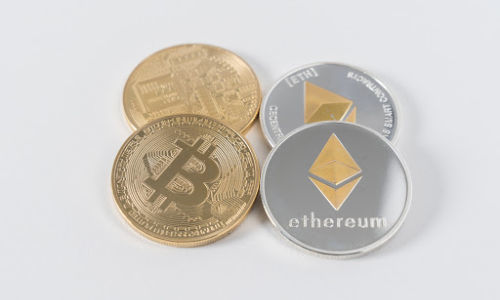GST Policy Revamp Bolsters Singapore as Blockchain Hub
The tax authorities' proposed update to the tax code for virtual currencies will eliminate many existing business hurdles and costs, positioning Singapore as a competitive global blockchain hub, experts say.
With effect from 1 January next year, the exchange of virtual currencies with Digital Payment Token (DPT) characteristics for fiat currency or such virtual currencies will be exempt from the Goods and Services Tax (GST), according to the draft e-Tax Guide recently released by the Inland Revenue Authority of Singapore (IRAS). Moreover, the use of such virtual currencies as payment for goods and services will no longer be subject to GST.
«IRAS’ proposed update to the tax code (is) a significant step forward in strengthening Singapore’s competitiveness as a global blockchain hub. It is poised to attract more global blockchain companies to make Singapore their home. In recent years, notable global blockchain companies in the likes of Enjin, Bitmain and Crypto.com have expanded their operations to Singapore,» said Anson Zeall, chairman of Association of Crypto-Currency Enterprises and Start-ups, Singapore (ACCESS) in a media statement on Monday.
Exemption for ICO Proceeds
Fintech companies hoping to raise funds in Singapore can look forward to the proposed changes exempting proceeds from Initial Coin Offering (ICO) from GST, noted Zeall. This will be one of the friendliest tax regulations in the world for non-securitised token offerings if they have the characteristics of DPTs.
«The proposed changes are timely, coinciding with the introduction of GST on imported services from 1 January 2020, announced in the Budget 2018. Once the proposed tax changes take effect from 1 January 2020, Singapore will cement its standing as a pioneer amongst the key financial hubs in establishing friendly and well-defined GST regulations for non-securitised tokens,» said Zann Kwan, Treasurer at ACCESS.



























